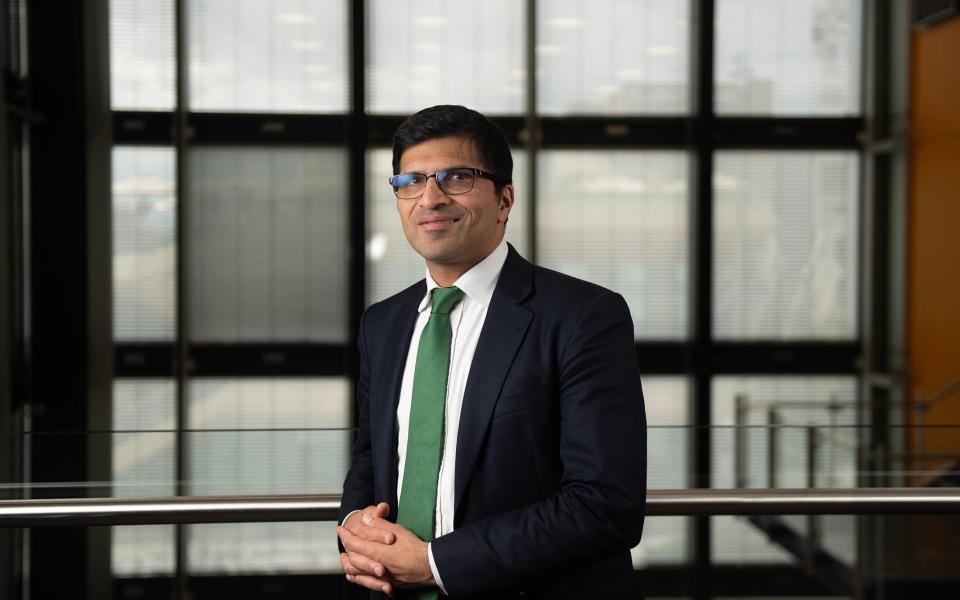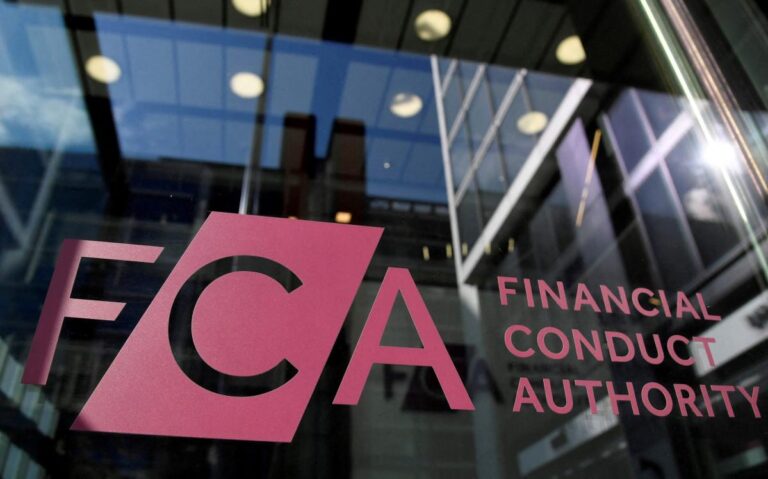
The failures of the financial regulators, the Financial Services Authority (FSA), the Financial Conduct Authority (FCA) and the Prudential Regulation Authority (PRA), are well documented.
After each failure, we wonder how, while they floundered, we overlooked the balance sheet anomalies that led to the collapse of the entire system, or why they didn't act sooner to protect investors. I had to listen to him explain it.
Sometimes, many years after an incident, an investigation tells us what we already knew: that UK financial regulation is ineffective at preventing fraud.
The success of regulation is the suffocation of capital markets. Regulation has reduced the London Stock Exchange (LSE) to a fraction of its previous size.
New bureaucratic hurdles for regulated businesses, entrepreneurs and investors under broad and conveniently lax interpretations of the Financial Services and Markets Act 2000 (FSMA) and its EU subsidiary law FSMA , imposed ever-evolving obstacles, and destroyed trust. Markets in Financial Instruments Directive (MiFID) I and II.
This is important because companies listed on the LSE generate wealth, create jobs, pay pensions, pay taxes and contribute to the country's economic growth. Democracy ultimately has to pay a price.
Politicians at the national level know that our current incomes are insufficient to meet the demands of our citizens.
Ironically, the 'in-waiting' Prime Minister, Labour's Rachel Reeves, is currently running a campaign to convince people that she can be trusted with the economy, but it is the same economy that has been destroyed with massive legislation. It was the legacy of New Labor's forefathers.
The FSA was “decommissioned” after the financial crisis, but seamlessly replaced by the FCA and PRA in what appeared to be a reorganization of activities and a rebranding of the company.
The FCA says its role and purpose is primarily defined by FSMA and is accountable to the Treasury and Parliament. It claims its strategic objective is to “ensure that relevant markets function well.” But if the LSE's association with ever-decreasing capital values is an indicator that it is 'working well', the LSE had already reached the first hurdle many years ago.
The government has finally realized this, and from 2023 it has set a secondary goal of “promoting the international competitiveness and growth of the UK economy…and the growth of the UK over the medium to long term, subject to alignment with relevant international standards”. Added. .
As we all know, confusing top-level goals that contradict each other cause further confusion and certain failure. Unless fundamental and improbable changes occur soon, the second objective is a mirage. It's probably already failed.
Additionally, the FCA has “operational” objectives that do not appear to be subordinate to strategic objectives. However, these operational objectives, such as protecting consumers, protecting and strengthening the integrity of the UK financial system, and promoting healthy competition between financial service providers for the benefit of consumers, are now being replaced by new secondary objectives. There is no sign of subordination. all.
As this chaos continues, the FCA is free to do whatever it wants on a daily basis, with crazier initiatives, red tape, and grinning employees, as anyone who receives their monthly emails will attest. It seems that they are distributing photos of members.
Perhaps these contradictions will surface as strategic and institutional failures in the future. In the military, strategy achieves objectives, which are translated into subordinate orders, which are then implemented on the ground. Usually this works well unless the strategy is wrong from the beginning.
The FCA may claim to have achieved some of its 'operational' objectives, but as things stand it will always fail to deliver on its strategic objectives, and at what cost?
The FCA's strategic failures litter the financial services world like tanks destroyed on a battlefield. He was charged with negligent conspiracy in the Woodford and London capital and finance scandals.
According to the Financial Times, FCA was reportedly alerted to problems at Woodford in 2015, four years before its final collapse. The Gloucester Report into LCF concluded that “the FCA did not perform its functions in relation to LCF in a manner that effectively achieved its statutory objectives”.
By way of background, the FCA's budget is £755m a year, with chief executive Nikhil Rati, who served as private secretary to Prime Ministers Tony Blair and Gordon Brown from 2005 to 2008, receiving £455,000. salary is being paid.


According to the Observer, FCA paid out £125m in bonuses to staff between 2016 and 2021. Perhaps this was justified as a “cost of human resources'' in government organizations with limited oversight.
Has the FCA gone rogue in the eyes of the Treasury? Has the FCA model, in which the FCA collects fees from regulated companies (rather than taxpayers), facilitated the collection of fees and penalties as opposed to investigating fraud?
Did this increased independence frighten civil servants? They may prefer the easy response of begging cash-strapped government departments for funds rather than avoiding oversight or involvement.
Why is the FCA so often willing to settle with companies it controls? Meanwhile, the legal system appears to be making it harder than ever for companies and individuals to protect themselves. Is the FCA now simply an unmonitored, untouchable, self-serving elite operating almost at arm's length above our democratic system?
London had established itself as Europe's, and sometimes the world's, pre-eminent financial center, based on free trade and the foundations of the “warning bells.”
This situation has arisen as major financial market participants have stood by and conspired to allow the financial industry to be destroyed by an army of narrow-minded lawyers who feast on the increasingly complex regulatory handbooks promoted by the FCA and PRA. Things changed in a short period of time. FSMA 2000 has bred a monster and needs to be repealed urgently.
Rupert Lowe is Reform UK's business and agriculture spokesperson
Broaden your horizons with award-winning British journalism. Try The Telegraph for free for 3 months. Get unlimited access to award-winning websites, exclusive apps, savings and more.


